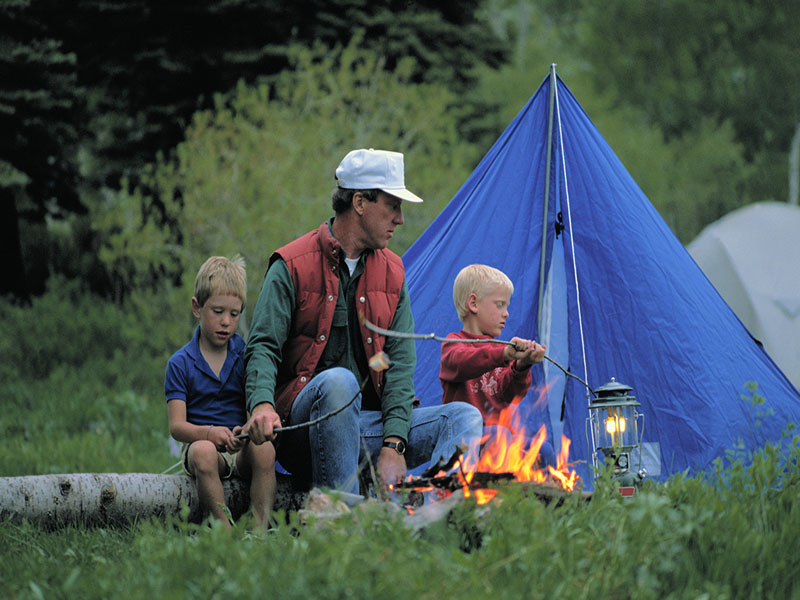SUNDAY, Feb. 17, 2019 (HealthDay News) — An average of two children die from burns and more than 300 are treated for such injuries in U.S. emergency departments every day, a burn expert says.
Burns are one of the leading causes of death and injury in the United States, and children are particularly vulnerable.
Young children are at increased risk for accidental burns because their mental and physical abilities are not fully developed. Also, they have thinner skin layers than adults, which means they suffer deeper burns at lower temperatures and more quickly, the experts explained.
“Thirty percent of our burn patients are children,” said Dr. Anthony Baldea. He is medical director at Loyola Burn Center at Loyola University Health System in Illinois.
“Most of these burns could have been prevented. While advances in treatments have led to better outcomes, the best strategy is to take simple precautions to prevent burns from occurring in the first place,” Baldea said in a Loyola news release.
Loyola’s Burn Center and the American Burn Association offer tips on preventing burns in children.
- Make sure coffee cups and tea mugs have lids, and never carry hot liquids while holding a child. Never place hot liquids on low coffee tables or end tables that can be reached by young children, and don’t use table cloths or place mats that a child can pull down.
- Keep clothes irons, curling irons, etc., unplugged and out of reach of children. When cooking, never leave the stove unattended, turn handles of pots and pans toward the rear of the stove, and use back burners when possible.
- Water heaters should be set at a maximum of 120 degrees Fahrenheit or just below the medium setting. A safe bathing temperature is 100 degrees Fahrenheit. Test the temperature at the faucet with a meat thermometer after running hot water for 1 to 3 minutes. If you have to leave the bathroom while bathing a child, take the child with you.
- Don’t give children tasks that are beyond their capabilities, such as bathing, caring for a younger sibling, cooking, or using a microwave.
More information
The American Academy of Pediatrics has more on preventing and treating burns.
Copyright © 2026 HealthDay. All rights reserved.

